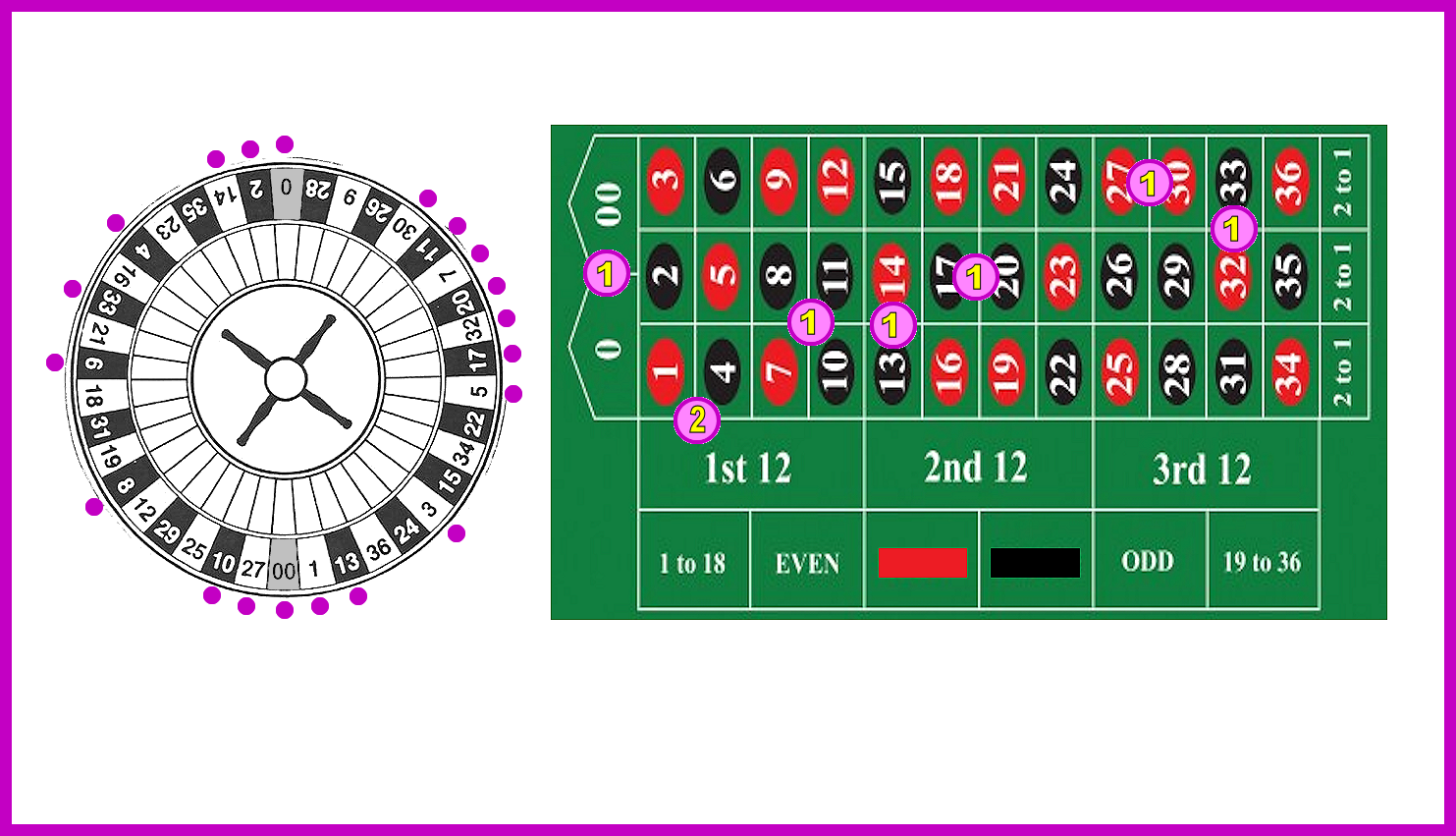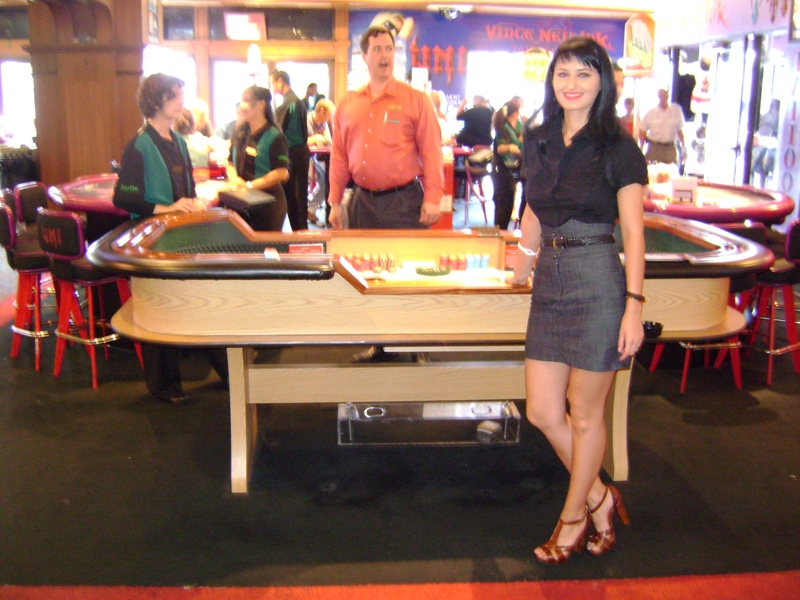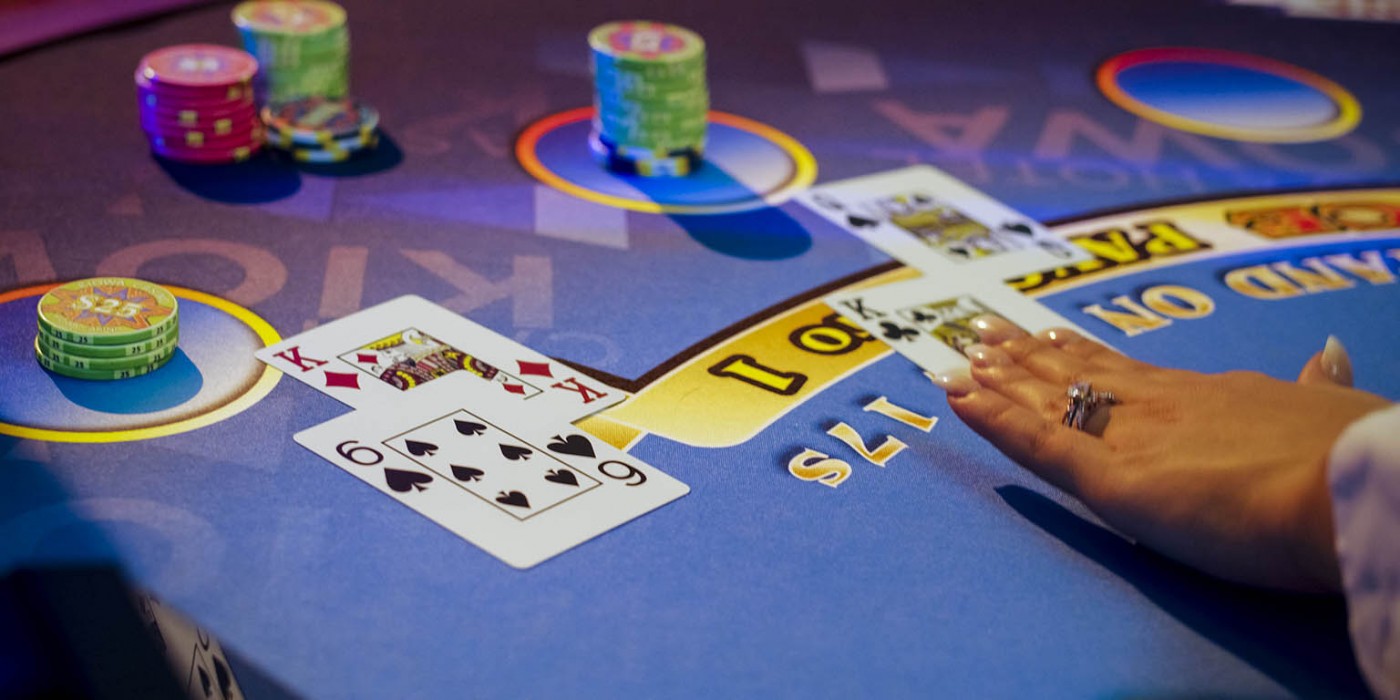Roulette, like most other casino games, isn’t a game where you can realistically expect to get a mathematical edge over the house.
- Is There A Winning Strategy For Roulette
- Is There A Good Strategy For Roulette Numbers
- Is There A Good Strategy For Roulette Sites
- Is There A Good Strategy For Roulette Games
The D’Alembert Roulette Strategy For those looking for something a little safer than the Martingale or Reverse Martingale roulette strategies, the D’Alembert Strategy is a perfect alternative. This simple method of gameplay is accomplished by increasing and decreasing bets based by one, which is much safer than doubling. Most roulette strategies are based around telling players how they should bet and when to bet it. The game of roulette has more potential strategies than any other casino game. However, most roulette players lose because the strategies they use are tailored towards promotions, rather than actual tips that can help them win. There are quite a few roulette strategies out there, so there is a need for categorisation. We think the easiest way to approach this is to separate the methods in two groups. The first group will contain strategies based on bet progression after a round, and the second will cover the methods in which your bet stays the same.
In a sense, this means that all roulette strategies are equally worthless.
Having said that, roulette also one of the games with several variations bearing multiple rules, bets, and payouts. It can be overwhelming, especially for a beginner to grasp the aspects of this game. Therefore, there’s a need to understand what roulette is about including the different roulette strategies involved. Winning casino game strategies. Win-win Roulette strategy. The best Roulette strategies. Martingale strategy. The Internet offers countless Roulette strategies, tactics, and systems, either good or bad. Among them are both systems named after aristocrats or scientists (D’Alembert, Einstein’s system), and those with no more or less decent name.
But, I’m writing a series of blog posts about good and bad strategies for various casino games, and roulette is a mainstay, so I can’t leave it out.
Most of what I’m going to look at in this post involves analyzing how to avoid the worst bets at the roulette table so that you’re at least dealing with a respectably low house edge.
Understanding the House Edge in Roulette
Playing roulette for real money is easy. You have a wheel with 38 numbers on it. 18 of them are black, 18 of them are red, and two of them are green. The two green numbers are 0 and 00, so they don’t count as high/low or even/odd, either.
If you guessed that the green 0 and the 00 are the reason the casino has a mathematical edge over the player, you’re in the front of the class.
Here’s why:
Suppose you bet on every single number on the roulette wheel. You’d be guaranteed a win because you’ve covered all the numbers.
But you’d lose money.
The payout for a single number bet in roulette is 35 to 1, so you’d win 35 units on the bet you won.
But you’d lose 37 units on the 37 losing numbers, for a net loss of two units.
More About the House Edge in Roulette
It wouldn’t matter if you chose a different combination of bets, either. You could bet on red, bet on black, and place a single bet on each of the green numbers. You’d still see a net loss no matter where the ball landed.
If you bet on black and win, you lose the bets you had on red and the bets you had on each of the green numbers.
If you bet on red and win, you lose the bets you have on black and the bets you had on each of the green numbers.
If you bet on green and win, you still lose the bets you had on black and red and on the other green 0.
Repeat this often enough, and eventually, you’ll lose all your money.
The variation of roulette that I’ve been using for this example is called “American roulette.”
But it’s not the only variation of roulette in the world.
Finding and Playing on Single Zero Roulette Wheels Is a Good Roulette Strategy
The American roulette wheel has two green numbers, but European roulette only has a single green number. This lowers the house edge.
That number, by the way, is always expressed as a percentage, and it’s an estimate of how much you’re going to lose on each bet.
In American roulette – the wheel has two green numbers. Those, in a sense, represent the house edge, which is 5.26%.
Every time you bet $100 on a roulette spin, the house expects to win an average of $5.26.
That’s an average over time, though. You obviously can’t lose $5.26 on a single bet, but when you average out all the wins and losses, that’s the number you’ll wind up with if you get a huge number of bets.
In the short run, anything can happen, but in the long term, the Law of Large Numbers will ensure that your results start to resemble the mathematical expectation.
So, if you can find a roulette game that only has a single zero on it, the house edge is only 2.70% instead of 5.26%.
That cuts the amount you expect to lose almost in half, so you can have twice as much fun for the same money.
Also, with a lower house edge, you have a better likelihood of going home a winner.
Using Betting Systems Is a Bad Roulette Strategy
A roulette betting system is a set of rules for raising and lowering the size of your bets during a game in an attempt to overcome the odds. These betting systems usually rely on predicting what’s going to happen on the next spin based on what happened on the most recent spin.
For example, the Martingale System assumes that after a loss (or multiple losses), your probability of losing again goes down.

This seems to make sense at first. After all, it’s more unlikely that you’ll lose eight times in a row than it is that you’ll twice in a row.
And you’re not placing a bet on whether the ball is going to land on a losing spot eight times in a row. You’re betting that the ball is going to land on a losing spot on your next spin.
A Specific Example of a Bad Roulette Betting System
The classic example of a roulette betting system is the Martingale System. It’s not the worst gambling strategy in the world. One of the pros of the system is that it’s dead easy to figure out and use. All you have to do is double the size of your next bet when you’ve lost the previous bet.
For example, if you bet $10 on black and lose, you bet $20 on the next spin. If that spin wins, you win back the $10 you lost on the previous spin along with a $10 profit.
If you lose twice in a row, you double your bets twice in a row, too. Now you bet $10, $20, and $40.
Again, if you win the next bet in the sequence, you win back your previous losses along with a profit equal to the amount of your initial wager.
This strategy seems foolproof, and it would be if you had an infinite bankroll and no betting limits.
But you don’t have an infinite bankroll. You have a finite amount of money you can risk at the roulette table.
Also, casinos have betting limits. The most common betting limits I see for roulette tables are a minimum bet of $5 and a maximum bet of $500.

Since you’re doubling the size of the bet repeatedly, it doesn’t take long before the next bet in the progression is too big for you to place.
Here’s an example progression:
At most casinos, you won’t be able to place the 8th bet.
Of course, you probably think a losing streak of seven bets in a row is almost impossible with an even money bet at the roulette table.
But it happens more often than you think. At an average casino, you’ll see at least one losing streak like this at least once a day.
The other drawback to this system is that it guarantees a lot of small wins. After each progression, no matter how much you wager, the most you can expect to profit is the amount of your initial bet.
The amount you risk, though, goes up to staggering amounts rapidly.
Much of the time, the Martingale System will work. If you limit your playing session to about an hour, you have a close to 80% probability of walking away from the table with a winning session.
But it will be a small profit.
The other 20% of the time, you’ll have a large enough losing session to wipe out all the previous profits from the small winning sessions.
Clocking Roulette Wheels and Looking for Biases
The house edge in roulette assumes that you’re dealing with a random game. It assumes that every number comes up 1/38 of the time.

If you found a roulette table where some of the numbers come up more often than that, you could theoretically find yourself in a profitable situation.
If you found a wheel that was imperfect and had a bias toward a set of numbers that came up 1/34 of the time, you’d have the edge over the casino. Those numbers would still have a 35 to 1 payout, so you’d profit regularly just by betting those numbers.
How would you discover a roulette wheel with such a bias?
You will just clock the actual results at that wheel for a few hundred spins to see if any of the numbers come up more often than they statistically should.
Imagine this scenario, though:

You clock a roulette wheel for hours.
And it turns out that the wheel has no bias.
Now you start over with another wheel, and after several hours of clocking results, you discover a bias.
You go home to get some rest before doing some serious gambling on that wheel.
But while you’re sleeping, the casino replaces the wheel you were clocking yesterday with a new wheel.
Clocking a roulette wheel and looking for a bias is a legitimate advantage strategy for roulette, but it’s not practical. Most people don’t have the time to invest in clocking a roulette wheel.
And even if they do, they’re not guaranteed to find a biased wheel. Modern casinos use modern, state-of-the-art equipment, and it’s usually pretty random.
Is There A Winning Strategy For Roulette
Conclusion
Let’s be honest. There are no really good strategies for playing roulette.
Betting systems don’t work.
Finding a biased roulette wheel is a longshot at best. It’s impractical, too.
Is There A Good Strategy For Roulette Numbers
Your best bet is to find a roulette wheel with a single zero and play it instead of the wheel with the two zeros.
But all that does is let you lose your money more slowly.
Is There A Good Strategy For Roulette Sites
If you want a real winning strategy for roulette, here’s my best idea:
Is There A Good Strategy For Roulette Games
Learn how to play blackjack or poker instead.